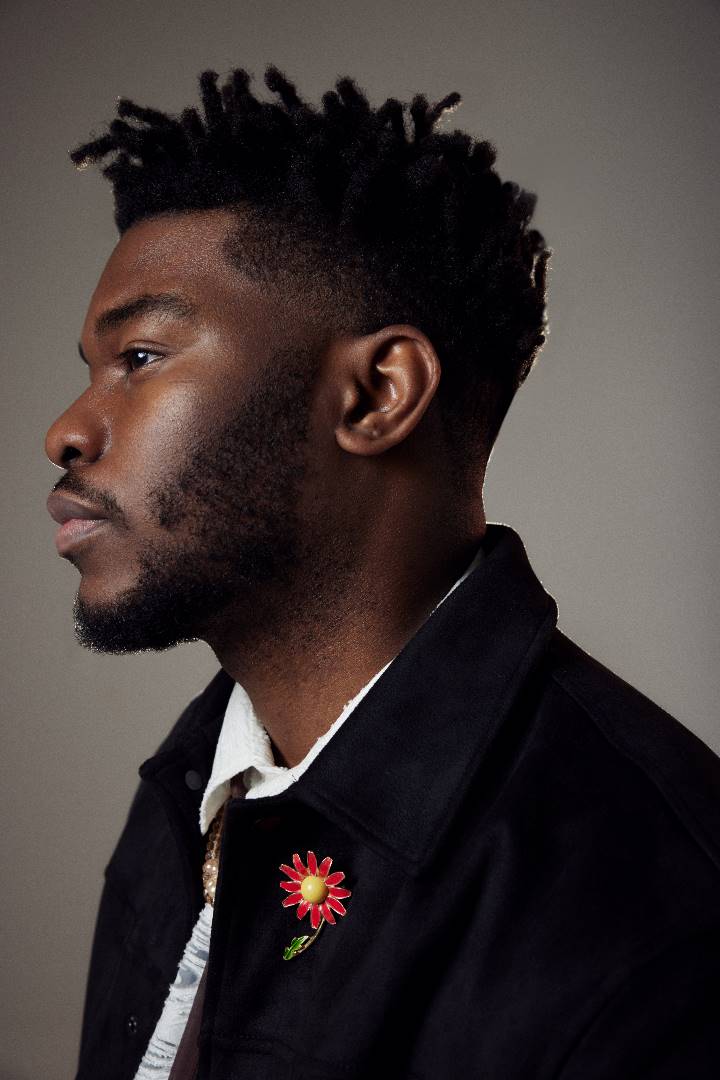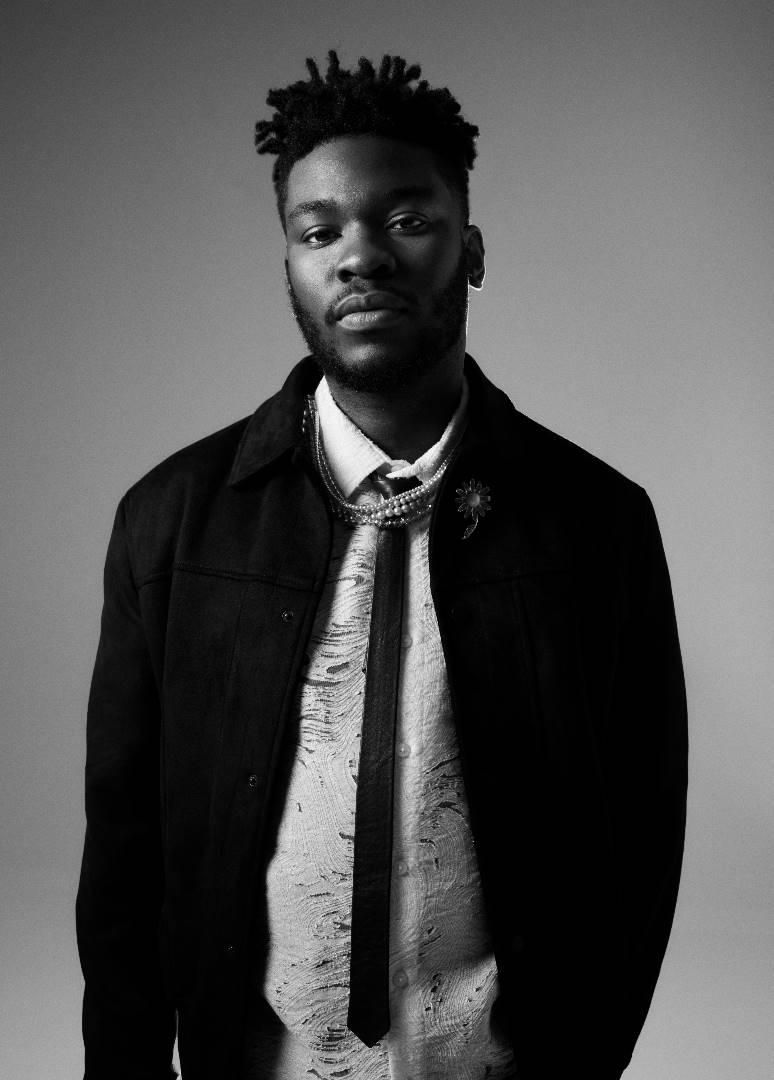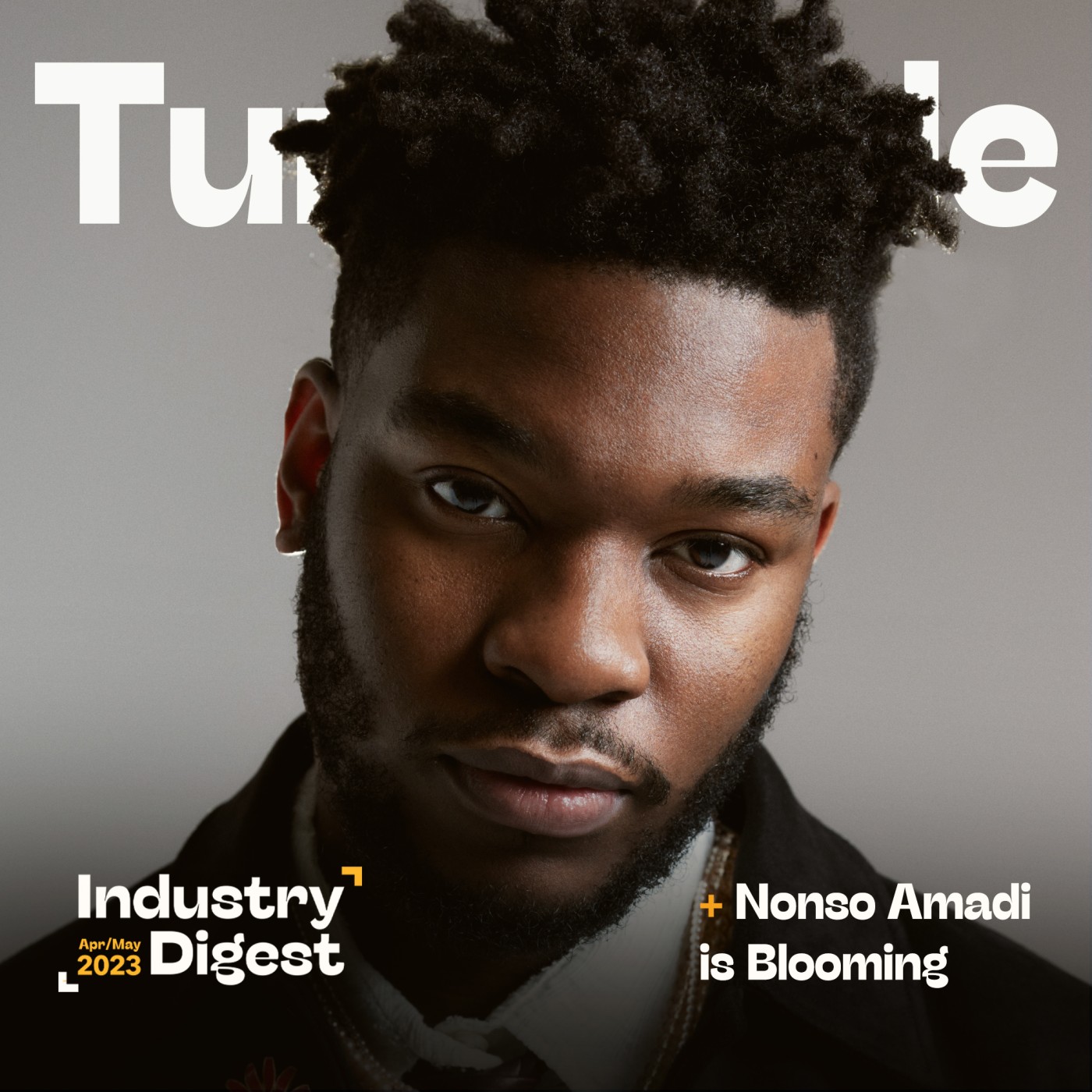After making waves with his hit single “Tonight” as a follow-up to his debut EP 'Alone' in 2015, Nonso Amadi swiftly gained recognition from A-list artists and music producers like Juls and Banky W within his first year in the industry. “Tonight” showcased his remarkable talent and potential in music, propelling Nonso's star to new heights. Since then, he has collaborated with acclaimed artists such as Simi, Odunsi, and Mr Eazi. However, in 2019, Nonso took a hiatus, only making a comeback to the music scene in 2022.
His return was marked by two captivating singles, “Foreigner” and “Different,” featuring Majid Jordan. These tracks were the prelude to his debut album, 'When It Blooms,' which he has released three other singles from. Each single presented a different genre, allowing Nonso to demonstrate not only his triumphant return but also his versatility. Fans have been enchanted by songs like 'Eye To Eye' and 'Different,' while others found themselves captivated by the Afro-Pop collaboration with Zinoleesky on 'Lock Up.' Nonso strategically filled in the gaps between his hiatus and album release, ensuring his presence was felt in the most tasteful way possible.
In an exclusive interview with TTC, Nonso Amadi opens up about his hiatus, how it benefited him, his perspective on being labeled an Afrobeats artist, and the inspiration behind his highly anticipated debut album.
TTC: You've released several singles, around 5-6, which are expected to be part of your album. Was there a specific reason for dropping this many singles before releasing the album?
Nonso: We wanted to ensure that after the break, since many people hadn't heard new music from me for a long time, we didn't just drop two songs and the album. We aimed to fill in the gaps by releasing singles, music videos, and interviews. Each single explored different genres, showcasing not only Nonso's comeback but also his willingness to explore various musical styles. Some listeners may have preferred the RnB tracks like 'Eye To Eye' and 'Different,' while others resonated with the Afro-Pop vibes in 'Lock Up' featuring Zinoleesky. It allowed us to create a comprehensive musical journey and present a tasteful experience to the audience.

TTC: What transpired during your hiatus, and how did it contribute to the music we're hearing from you now?
Nonso: The hiatus was primarily a personal journey for me. It involved figuring out how to sustainably pursue my music career. Many young musicians enter the industry believing they can create music in their own corner, and success will follow naturally. However, I discovered that planning, strategy, and budgets are vital to make a song truly successful. Although not all songs require such extensive effort, hits like 'Tonight' are the exception. Eventually, you need a well-thought-out strategy and a team to support you and keep things moving.
Unfortunately, I lacked that at the beginning. So, I had to reevaluate my approach and take a break to find a way to pursue music without feeling like I'm missing out on the audience I need. During those two years, I took the opportunity to reset, reconnect with myself, deepen my spiritual connection with God, and nurture essential personal relationships. Recording the album was also part of this break; we traveled to different places, making music along the way. It was a much-needed pause to prepare for the next chapter.
TTC: Do you consider yourself an Afrobeats artist?
Nonso: If Afrobeats encompasses a wide range of sounds, then I would classify myself as one. It depends on who's asking the question because when Nigerians talk about Afrobeats, they refer to artists like Wizkid and Burna Boy. They associate Afrobeats with the popular pop sound dominating the airwaves. However, when people in America hear Afrobeats, they perceive it as an umbrella term for all African music.
TTC: So, you agree with the umbrella term?
Nonso: Exactly. In that sense, I can be called an Afrobeats artist since I am an African artist. My genre falls within the broader African music spectrum, specifically leaning towards RnB. However, many of my fans would disagree and argue, "You're not really an Afrobeats artist; this is not Afrobeats." But to someone unfamiliar with the diverse African sound, they would categorize it as Afrobeats. If I had to be placed under an Afrobeats umbrella, I would personally label it as Afro-RnB.
TTC: During your hiatus and now that you're back, you've witnessed the global acceptance of Afrobeats, encompassing various sounds. How does it feel to see the music from your roots being embraced beyond the diaspora audience, especially outside of Africa?
Nonso: It feels incredibly gratifying, especially for those of us who experienced the early days of "Old Afrobeats." As a child, I listened to legends like 2Face, witnessing the foundations they laid. Now, their hard work has grown into this phenomenal masterpiece that everyone admires. The sound, production, and video quality have all evolved. At this point, I believe the key to solidifying our success lies in unity. We must ensure that while each artist flourishes in their individual lane, we remain united. Without unity, it becomes easy for outsiders to undermine the hard work we've put in. Take Latino artists, for example; they come together, collaborate, and perform in shows and tours. We need to witness our GOATs performing together, engaging in interviews, and fostering a stronger sense of community.

TTC: As someone who crafted Tonight early in their career, a song that became a classic modern Nigerian RnB track, have you ever felt pressured to recreate that success? Or do you feel compelled to surpass Tonight with each release, whether during your hiatus or now?
Nonso: I did feel that pressure, and it was one of the reasons I took a break. I'm generally a stubborn person, holding onto my beliefs firmly. I knew that 'Tonight,' 'No crime,' 'Radio'—all those songs—were done, and I wasn't going to replicate them. Some people advised me to do so, but I adamantly refused. I believe there's always something greater ahead, and with this album, I think it's the beginning of that vision and dream I've had. It took time to reach a place where I could create music with a calm mind. It's tempting to tell your producer to create something similar, but I resist that temptation. I'm glad I did because now, we're entering a new chapter where some songs will remind people of the Nonso they fell in love with, while others demonstrate my growth. To stay relevant and experience career growth, constant self-improvement is necessary. Just like artists such as Snoop Dogg, who have built long-lasting legacies, they didn't achieve that by recreating their old music. They continuously explore new territories, and that's where I find myself right now.
TTC: When listeners hear your debut album, what particular feeling or reaction do you want them to have?
Nonso: Honestly, I don't like to boast, but I genuinely believe I've created one of the top albums. This album was crafted with the intention of creating music that could win Grammys from Nigeria. But in general, when people listen to my album, I want them to connect with the message. I want the listeners to feel that my songs are incredibly amazing and that they have a deeper understanding of who Nonso is. For me, the album's success lies in people being able to relate and connect with me on a personal level. That way, they attend my shows because they genuinely want to be there for me, not just because they enjoy a couple of my songs.
